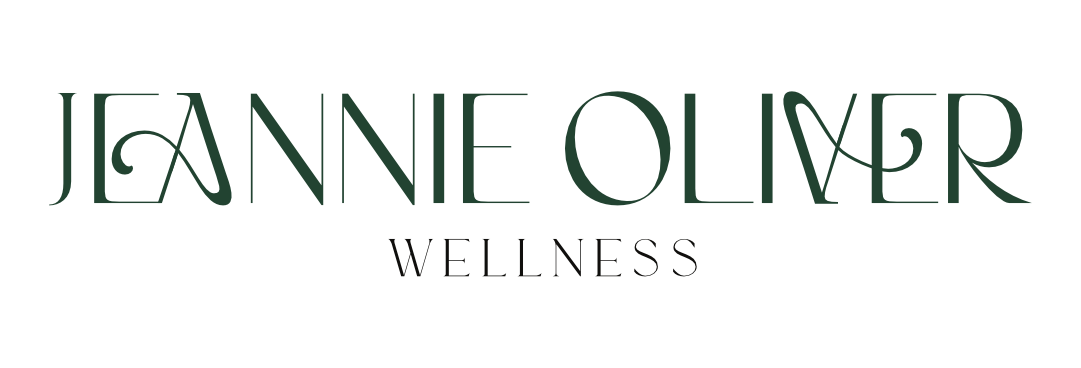Simple Strategies for Seasonal Allergy Relief
Ah, Spring! We welcome the pleasant weather, the scent of new blossoms, and open our windows to the rush of fresh air. Along with that, we invite in pollen, grass, mold, and spores. For those who are allergic, our bodies launch a major immune response designed to flush out the offensive agents. This can result in illnesses such as allergic rhinitis (hay fever) which is common for all age groups in the United States. Each year, over 50 million Americans suffer from allergies, the sixth leading cause of chronic illness with an annual cost in excess of $18 billion. This does not include the 24 million Americans who have allergic asthma.
When does Allergy Season Begin?
Depending on how warm the winter months were, seasonal allergy symptoms can start as early as February, but typically arise mid-March to April and last throughout summer. The most common plants to trigger allergies are birch and oak, dandelion, ragweed, and grasses.
Symptoms include:
Sneezing
Stuffy nose
Runny nose
Watery eyes
Itching of the nose, eyes, ears, or roof of the mouth
What Drives an Allergy Response?
Allergies occur as your immune system reacts to foreign invaders, producing antibodies that identify particular allergens (e.g., pollens) as harmful. During an "allergy attack," the immune system reaction can inflame your skin, sinuses, airways or digestive system (as in food allergies). Mast cells - specialized white blood cells found throughout the body (lungs, skin, intestines, and near blood vessels and lymph nodes) - regulate how the immune system responds. Mast cells release histamine into the bloodstream during an allergic reaction, resulting in symptoms such as itching, redness, and dilated blood vessels. When histamine release is excessive, it can cause a severe, life-threatening allergic reaction (anaphylaxis).
Typical allergy treatments aim to relieve symptoms, but prevention of symptoms should begin much sooner than the first sneeze. Early detection and addressing underlying issues can reduce symptoms and sometimes prevent allergies from developing.
Be Proactive. Before symptoms appear, undertake spring cleaning of your home and office. Flush out your system with a seasonal detox: eat lots of fresh organic fruits and veggies, sip Moringa and rooibos teas; and consider supplements such as vitamin c and quercetin (as suggested by your holistic physician), which can help stabilize histamine production in the body to minimize symptoms.
Wash Your Hands Often. Clean hands are essential to protecting your health. If you have been outdoors, don't touch your eyes, and wash your hands as soon as possible.
Change & Wash Clothes and Bedding. Keep pollen and other triggers out of your home. Remove clothing when you come in from outdoors and wash on an allergen cycle, if available on your machine. Shower immediately to remove pollen from your hair and skin. Change bedding at least weekly.
Change Air Filters. In your home or workspace, use a high-quality HEPA air filter and change the filters seasonally, perhaps even monthly during peak pollen times.
Heal the Gut. Leaky gut has been linked to increased seasonal allergies. More on that in coming posts!
Once symptoms are present, the following steps can help minimize the severity:
Drink plenty of water
Keep home and car windows closed during peak season
Avoid being outdoors during peak pollen times in your geographic area (check daily weather reports for what is peaking--type of pollen, mold, etc.
Wear a high-rated filter mask when mowing the lawn or working outdoors
Consider buying a home air purifier designed to address allergens
Periodically wash the nasal cavities using a Neti Pot or saline nasal spray. This homeopathic nasal spray is my personal favorite.
You can read more about beating allergies in this post as well. Do you have any favorite natural allergy remedies? If so, please share in the comments below.
Resources:
American College of Allergy, Asthma, and Immunology. "Allergies" Retrieved 15 March 2020: https://acaai.org/news/facts-statistics/allergies
Cancer.gov. "Mast Cells." Posted to NCI Dictionary of Cancer Terms. Retrieved on 16 March 2020: https://www.cancer.gov/publications/dictionaries/cancer-terms/def/mast-cell
Schoones, A. et al., "Pycnogenol® (extract of French maritime pine bark) for the treatment of chronic disorders." Cochrane Database of Systematic Reviews. (2012) v4:1465-1858. https://www.cochranelibrary.com/cdsr/doi/10.1002/14651858.CD008294.pub4/full
Rohdewald, P. "A review of the French maritime pine bark extract (Pycnogenol), a herbal medication with a diverse clinical pharmacology." Int J Clin Pharmacol Ther. (2002) Apr;40(4):158-68.https://www.ncbi.nlm.nih.gov/pubmed/11996210
RxList.com "Pycnogenol Uses, Benefits, Side Effects." Retrieved 16 March 2020: https://www.rxlist.com/pycnogenol/supplements.htm

